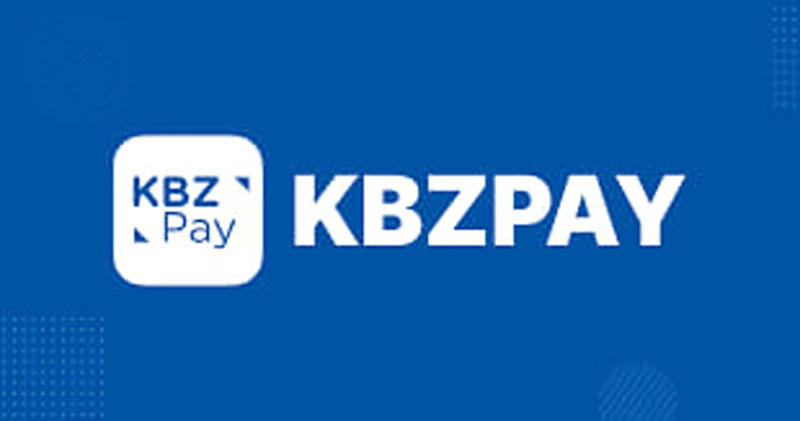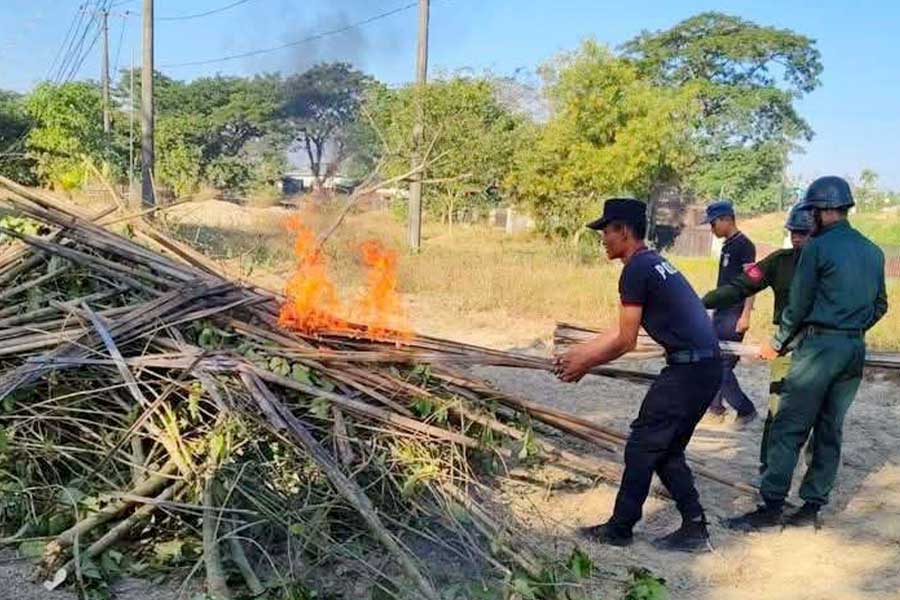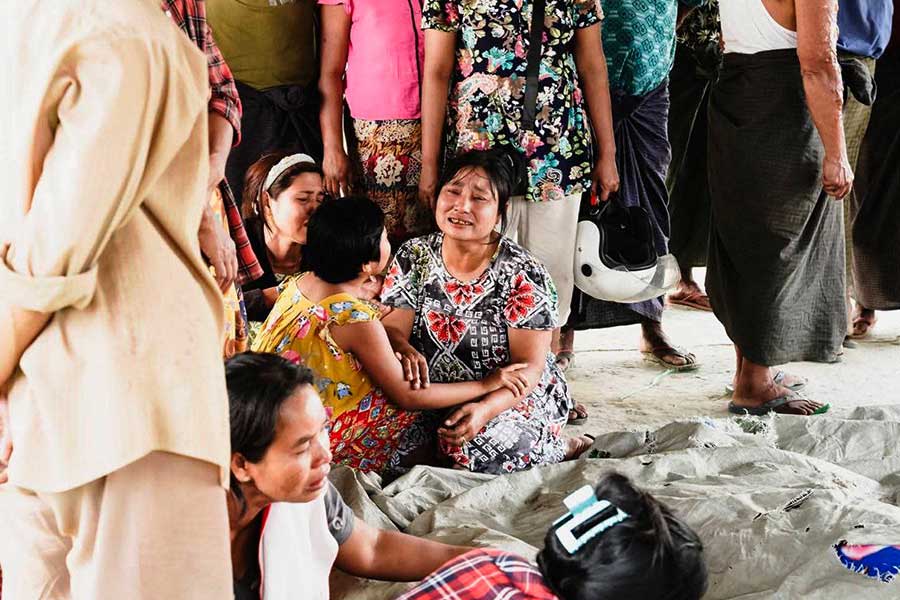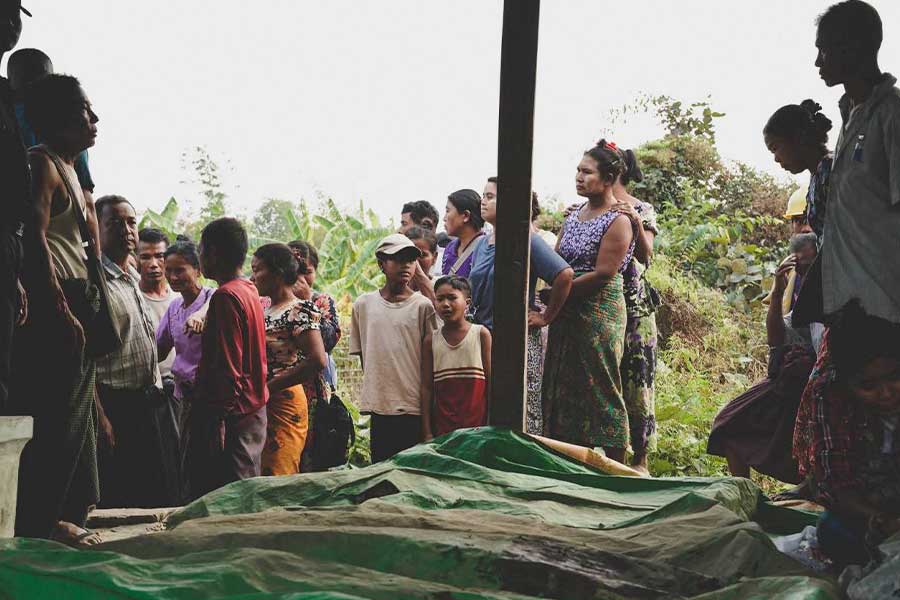- Arakan Army sets five-year prison term for kratom cultivation in controlled areas
- Junta airstrikes kill over 25, including Arakanese merchants, in Mindon Twsp
- 15 mass casualty incidents from regime airstrikes reported in Arakan State since 2023
- Kyaukphyu IDPs forced to flee again amid junta airstrikes and artillery attacks
- New Diplomatic Movements Between Bangladesh’s New Government and the Arakan Public Administration
Scammers seeking to capitalise on generosity, warn defrauded philanthropists
At a time when the Covid-19 pandemic has led charitable organisations in Arakan State to address greater need with greater fundraising efforts, fraud schemes and con artists have sought to take advantage of people’s generosity.
25 Aug 2021

DMG Newsroom
25 August, 2021, Sittwe
At a time when the Covid-19 pandemic has led charitable organisations in Arakan State to address greater need with greater fundraising efforts, fraud schemes and con artists have sought to take advantage of people’s generosity.
Ashin Tay Zeinda, an abbot of Theingon Monastery in Thandwe town, told DMG that K5 million was embezzled on August 21 from donations to build an oxygen plant in Thandwe.
The abbott said a man told him that he wanted to donate K1 million toward the construction of an oxygen plant, asking for a relevant KBZ Pay number and other account particulars. Within 20 minutes of obtaining the information, K5 million was withdrawn from the KBZ Pay account, according to the abbot.
“When I inquired about the location of the phone number of the person who withdrew the money from my KBZ Pay account, it was revealed that he was from Katha Township, Sagaing Region. We can file a lawsuit, but it is not convenient to travel from one place to another for the time being. We have little hope of getting our money back,” the abbot said.
The abbot continued that the defrauded money was given by donors to build an oxygen plant in Thandwe Township, an effort that has been dealt a serious blow by the con.
“The oxygen plant will be built with public donations; so many people are in trouble,” the abbot said, asking donors for understanding, and to forgive the loss of K5 million.
Writer Wai Hun Aung, a well-known philanthropist in Arakan State, said that on August 22, a donation of K890,000 was defrauded through his KBZ Pay account in a similar scheme.
“A man pretending to be a Buddhist monk asked for my ID card number to donate money to my KBZ Pay account. After a while, my mobile phone received messages from him. Usually the messages are in English, but that day they came in Burmese,” he said. “The scammer asked me for a six-digit PIN code of my KBZ Pay account. I replied to the scammer that I could not give him a six-digit PIN code, so I gave him a three-digit number and my money was immediately defrauded.”
He added: “No complaint has been lodged with the relevant departments. This is because the law seems not as effective at the moment.”
KBZ Pay, a popular digital payment application in Myanmar, advises users not to give out sensitive account information to anyone, particularly when solicited over the phone or online.
“At a time when so many kinds of scams are happening, such scams are causing a lot of frustration for charitable organisations,” said Ko Thaw Zin Tun, an information officer for a charity group. “People who use digital money and digital banking do not have much knowledge about them. In addition, such scams can lead to mistrust between fundraisers and donors. Therefore, I want the relevant authorities to be careful when dealing with such fraudulent withdrawals.”

















